- You are here:
- Homepage
- Events
- ICPA Annual Conference 2024
- Facility Visits

Institution A3
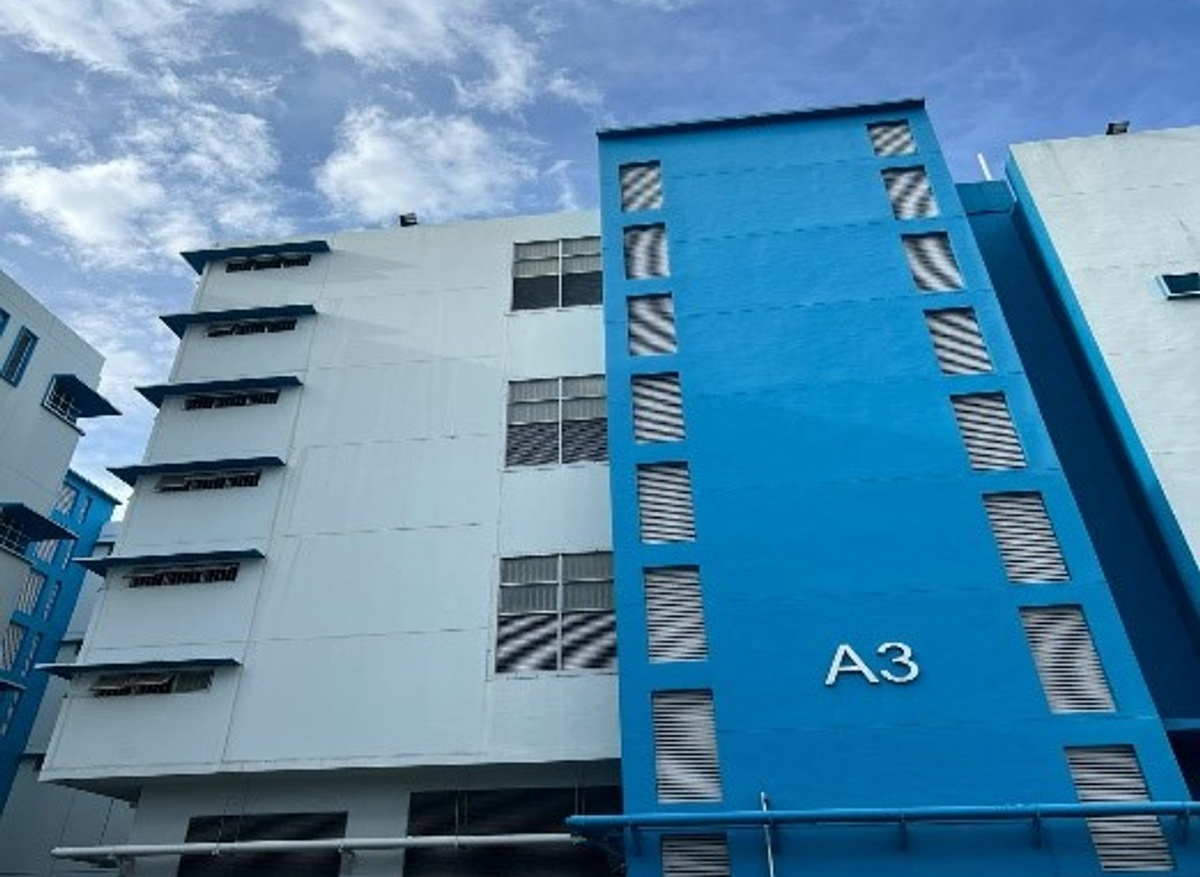
Institution A3
Exterior facade
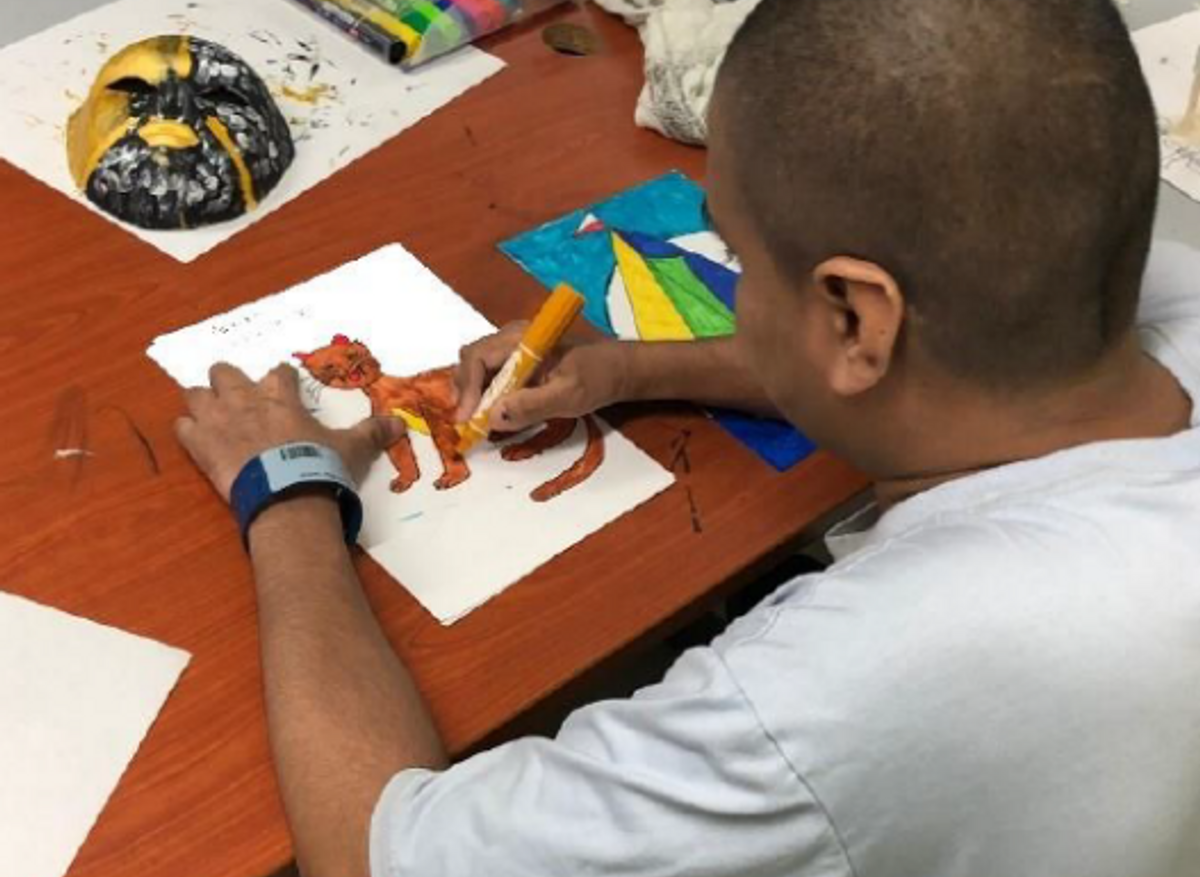
Institution A3
Inmate undergoing programme at Psychiatric Correctional Unit
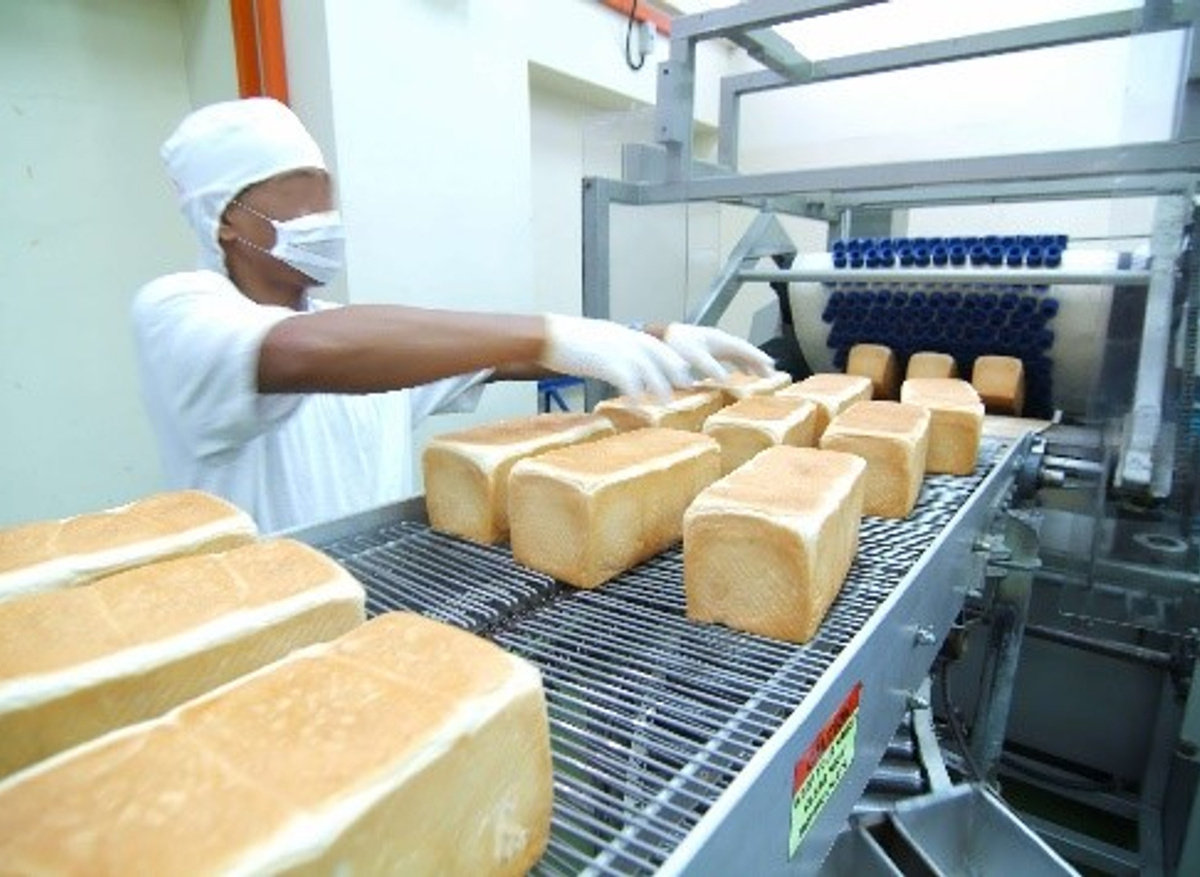
Institution A3
Bakery
Institution A4
-
Video court facilities.
-
24/7 medical centre.
-
Psychiatric Correctional Unit.
-
Assisted Living Unit to address the needs of elderly inmates.
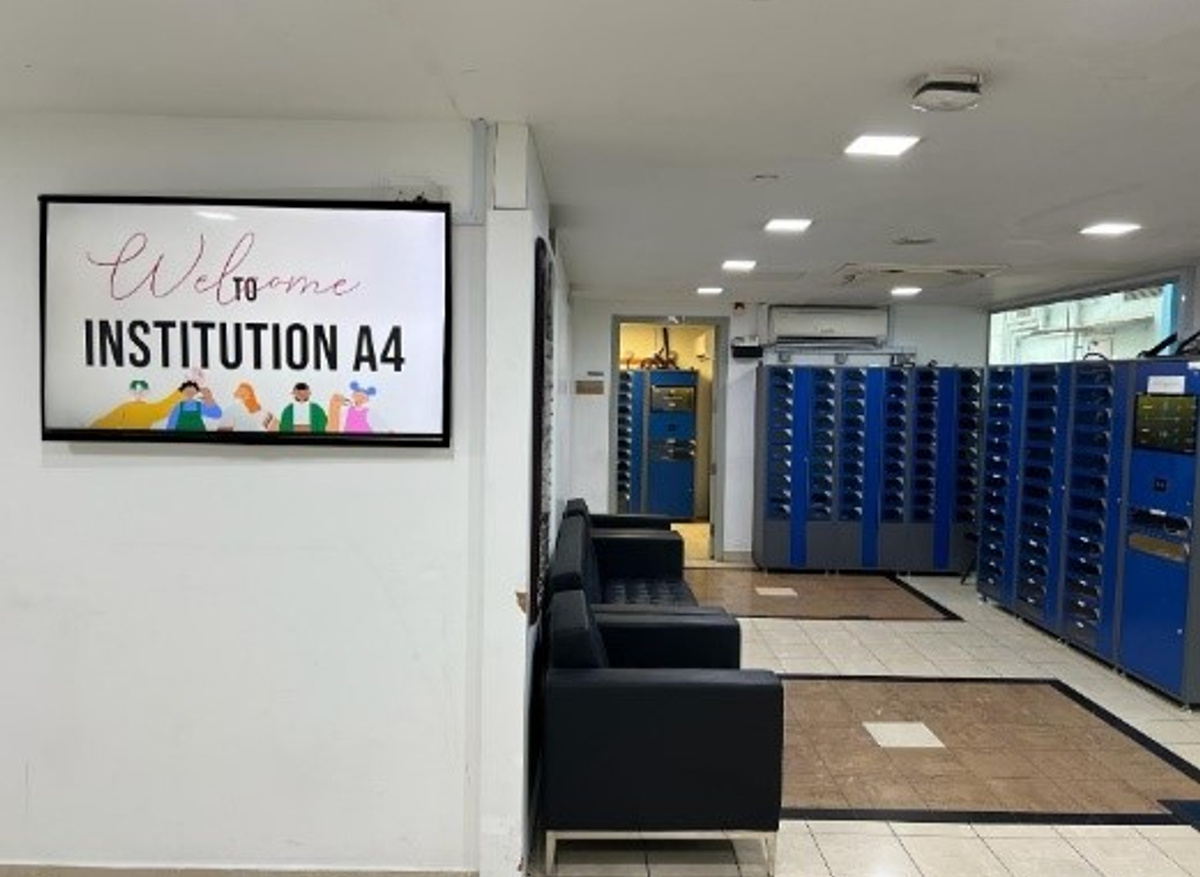
Institution A4
Entrance lobby
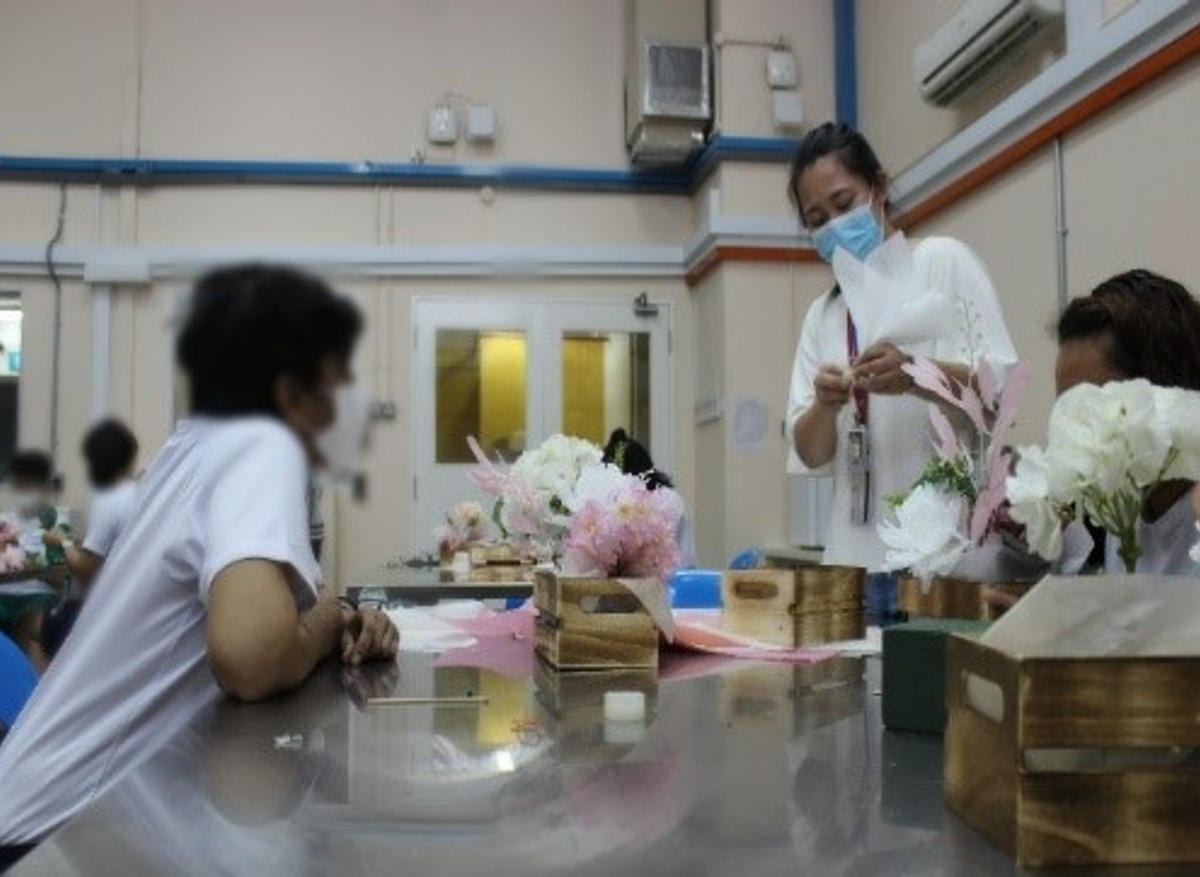
Institution A4
Inmates undergoing personal development programme
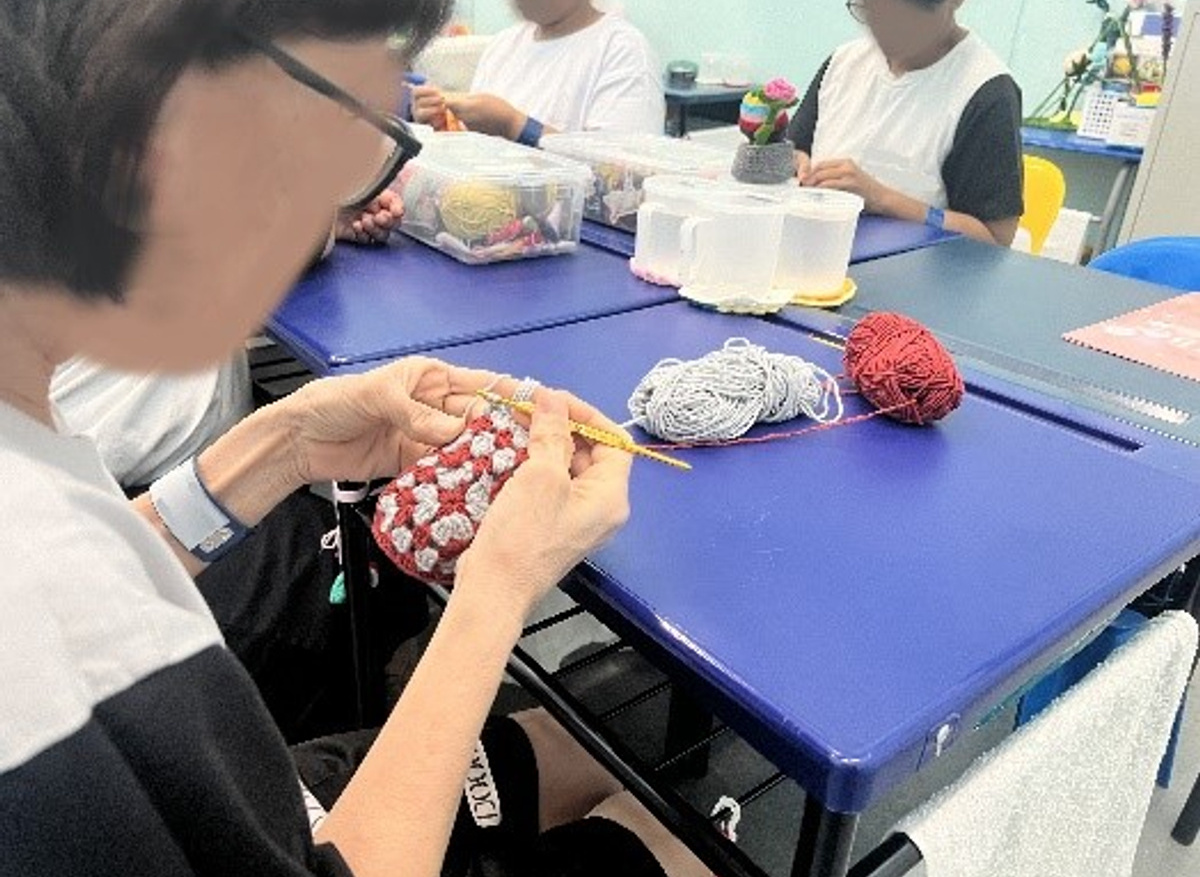
Institution A4
Inmates undergoing work programme
Institution B1
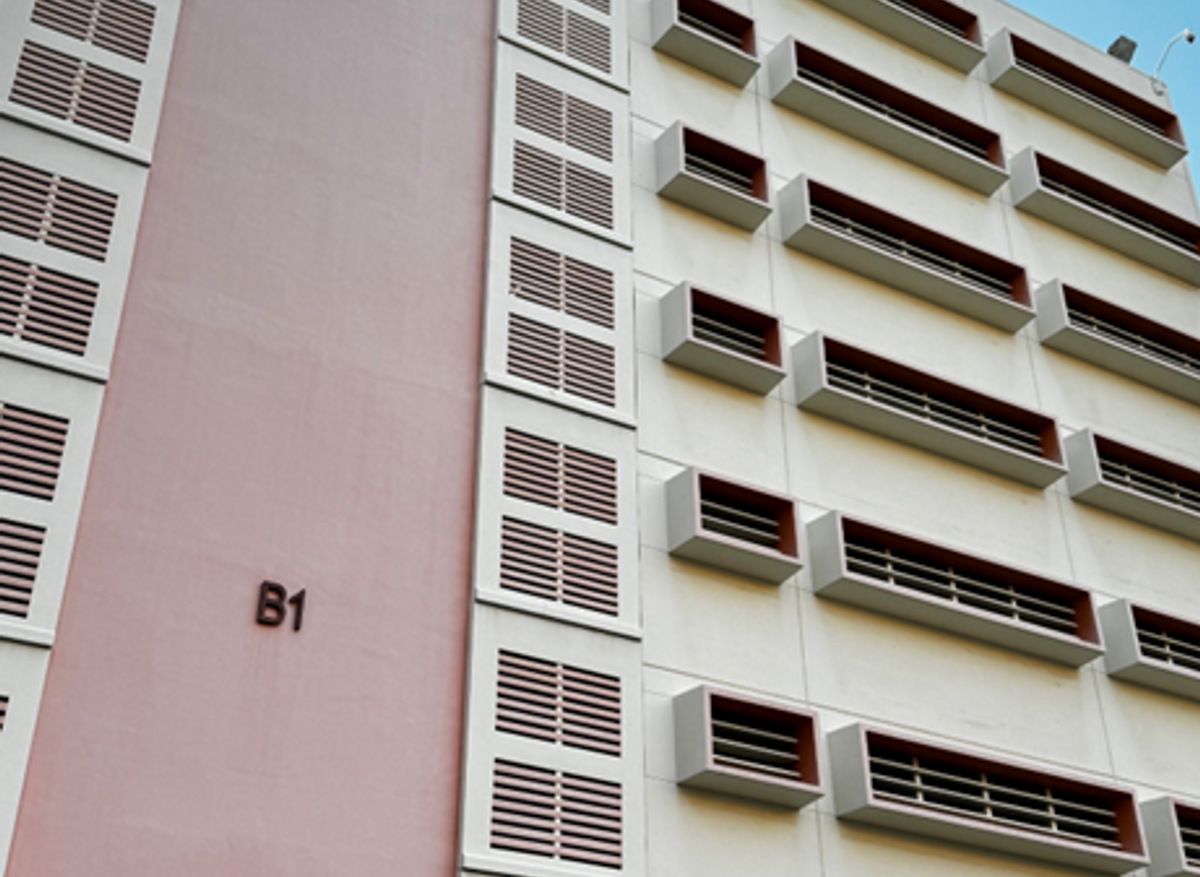
Institution B1
Exterior facade
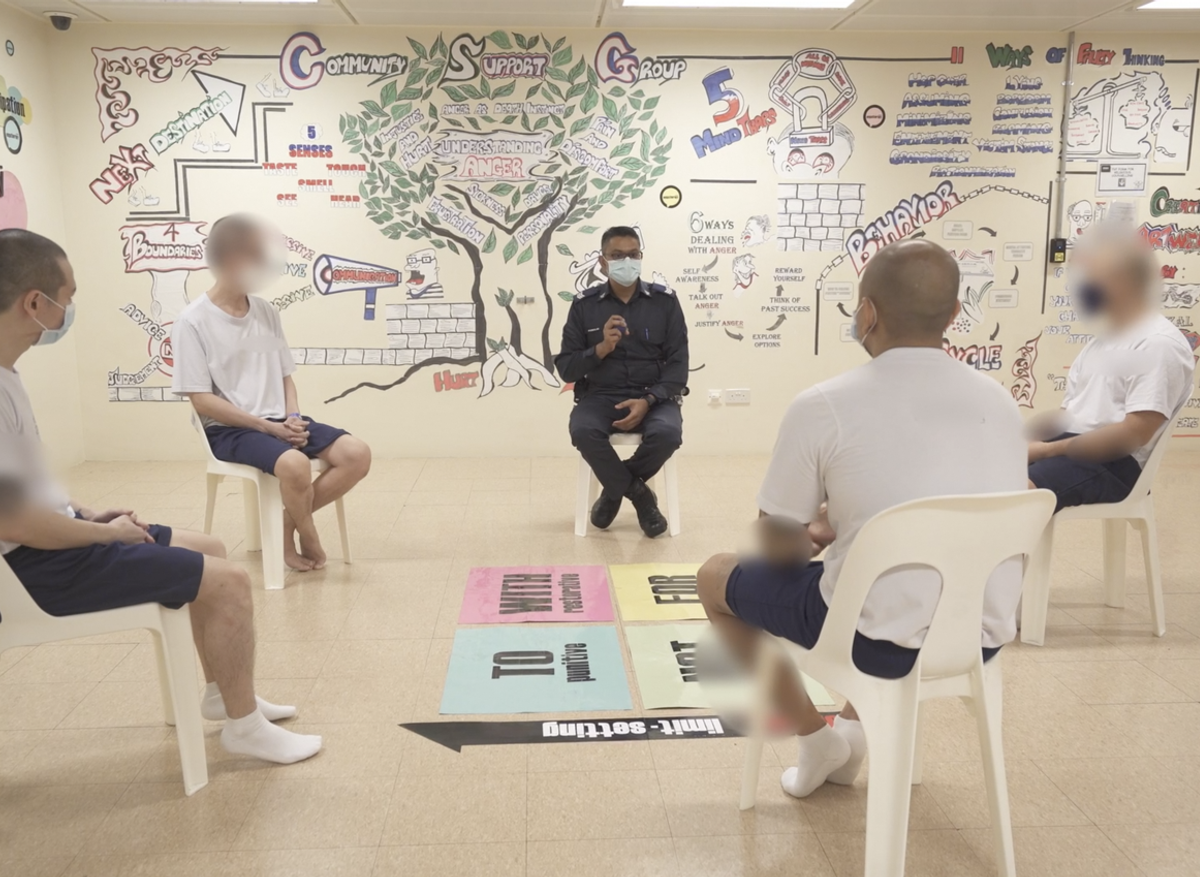
Institution B1
Inmates undergoing programme
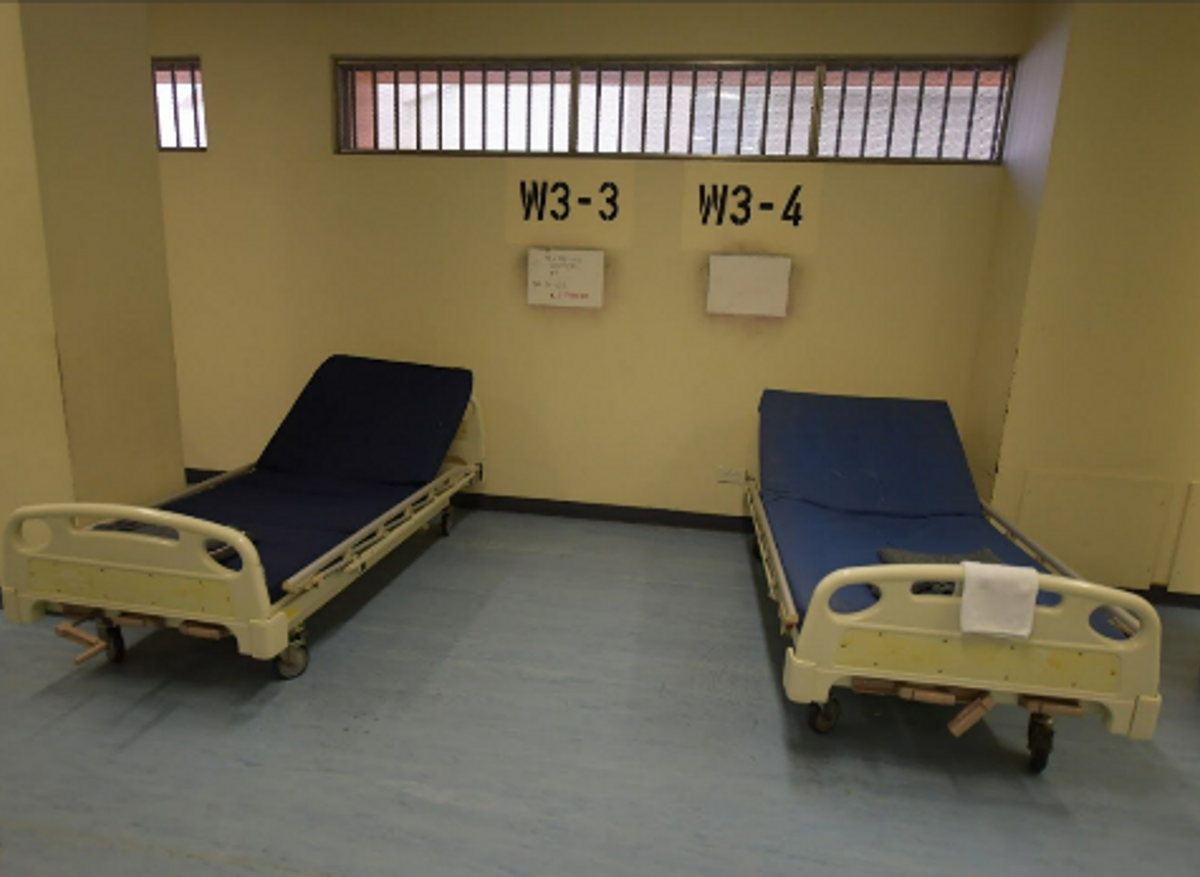
Institution B1
Medical centre
Institution B3
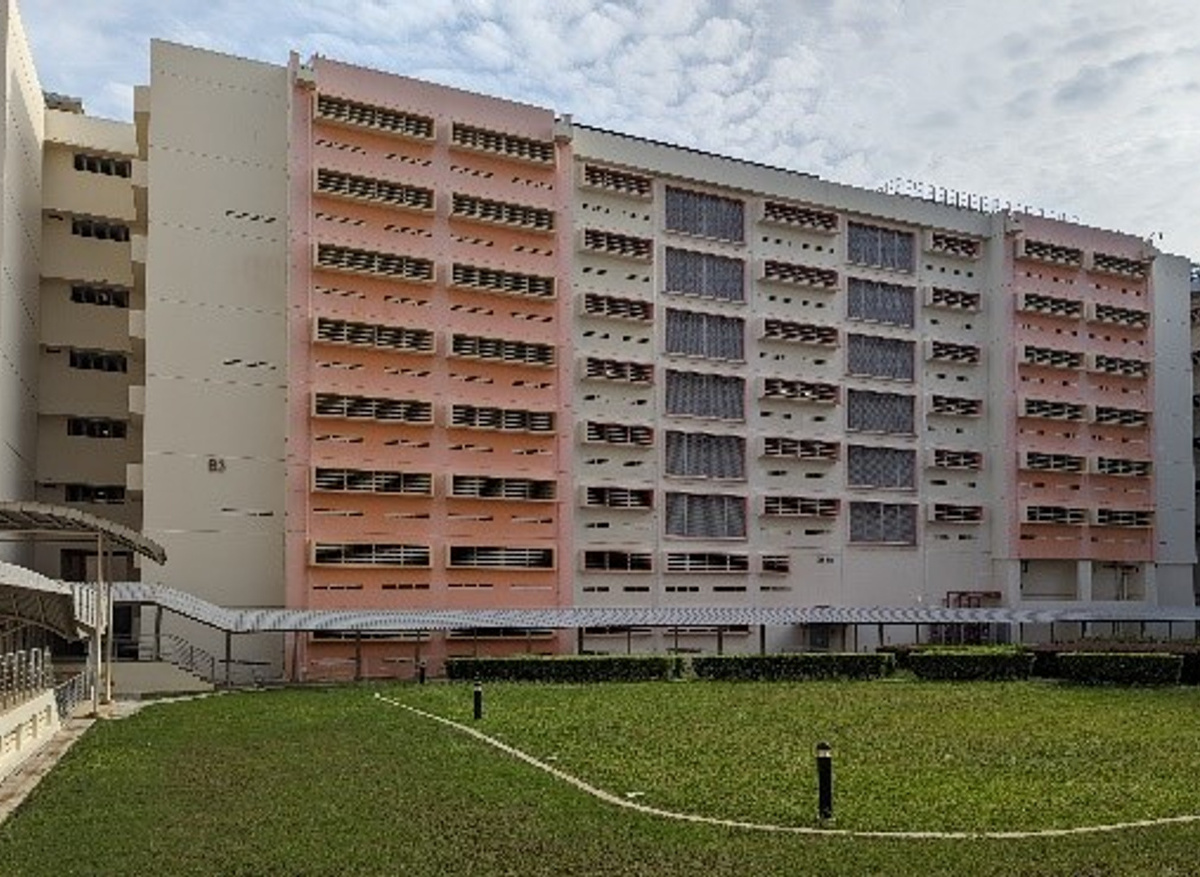
Institution B3
Exterior facade
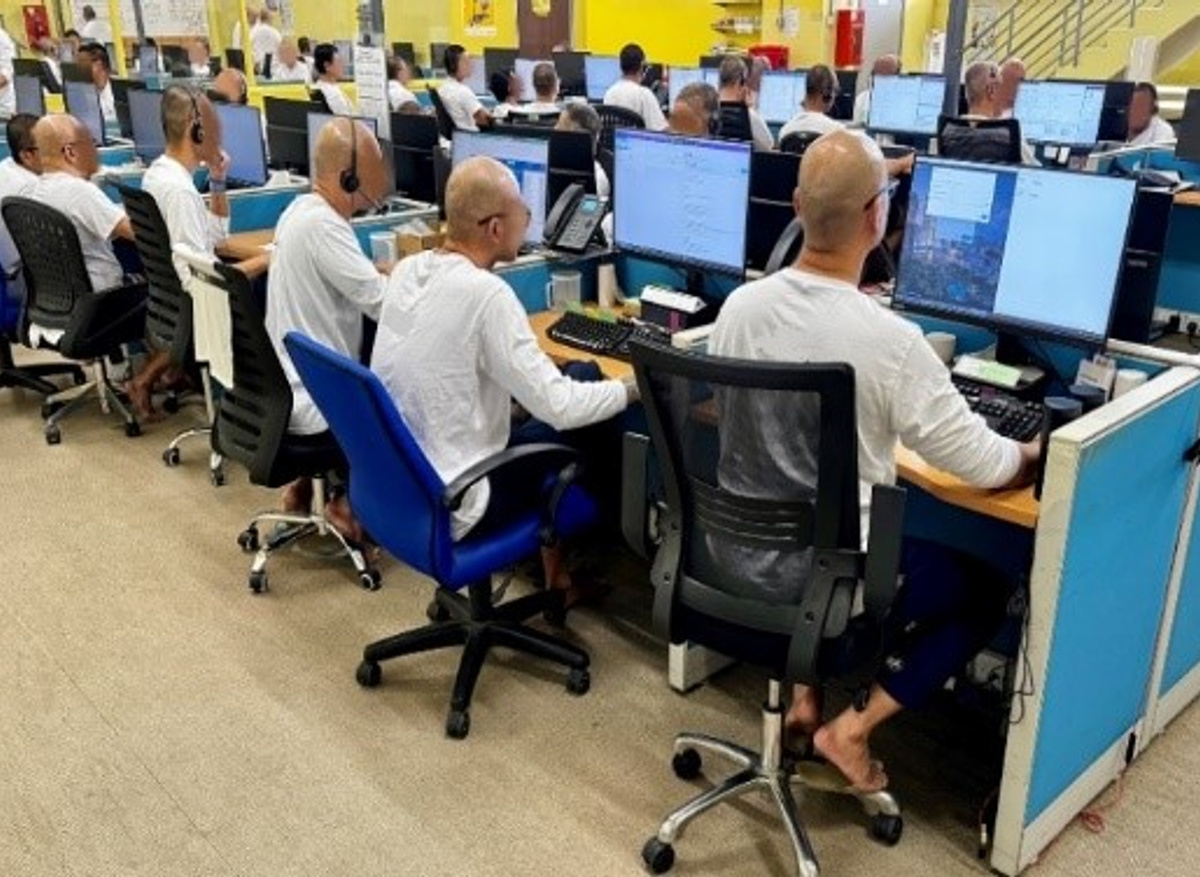
Institution B3
Inmates undergoing work programme at call centre
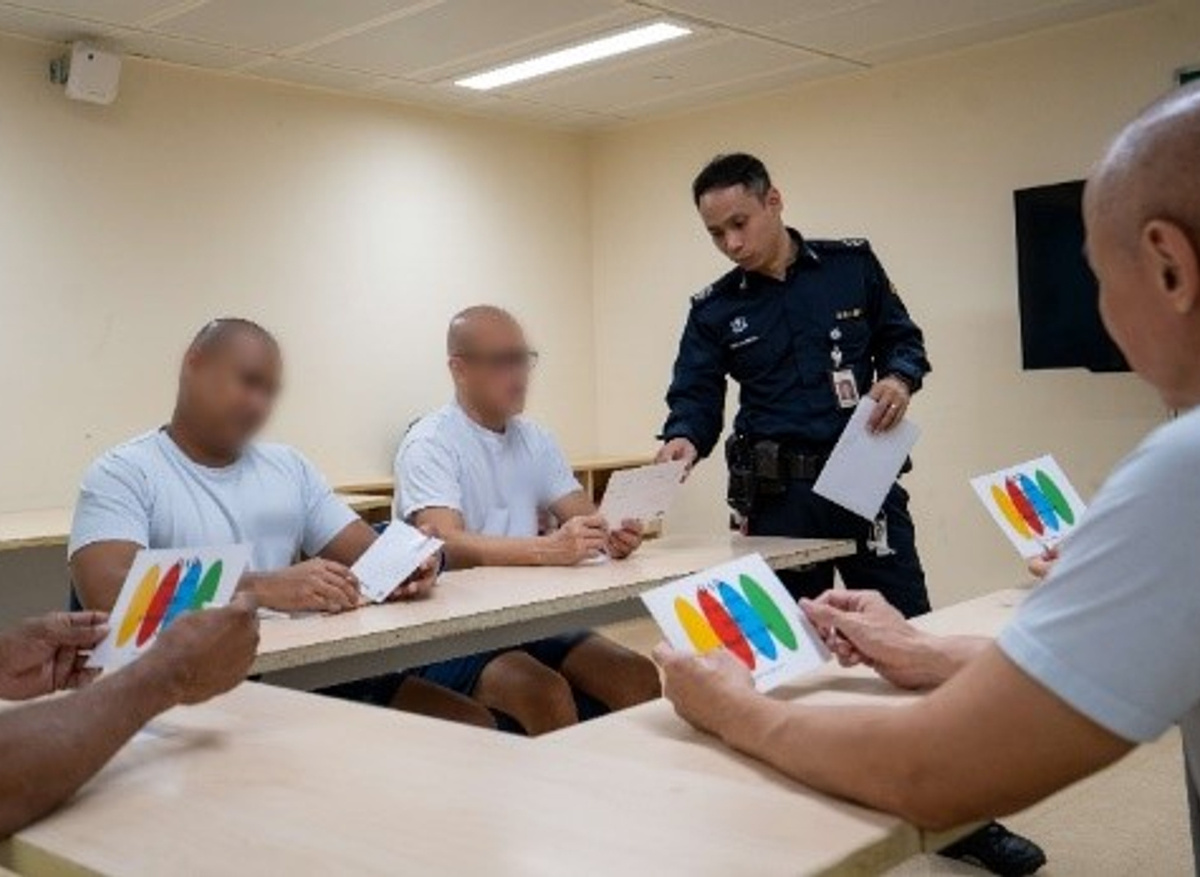
Institution B3
Inmates undergoing programme
Institution B4
-
“Hope Café” where inmates undergo hands-on training in culinary skills and food and beverage operations.
-
Logistics workshop where inmates undergo training in warehouse and logistics management.
-
“Visual Arts Hub” where artistically inclined inmates receive training in different art forms.
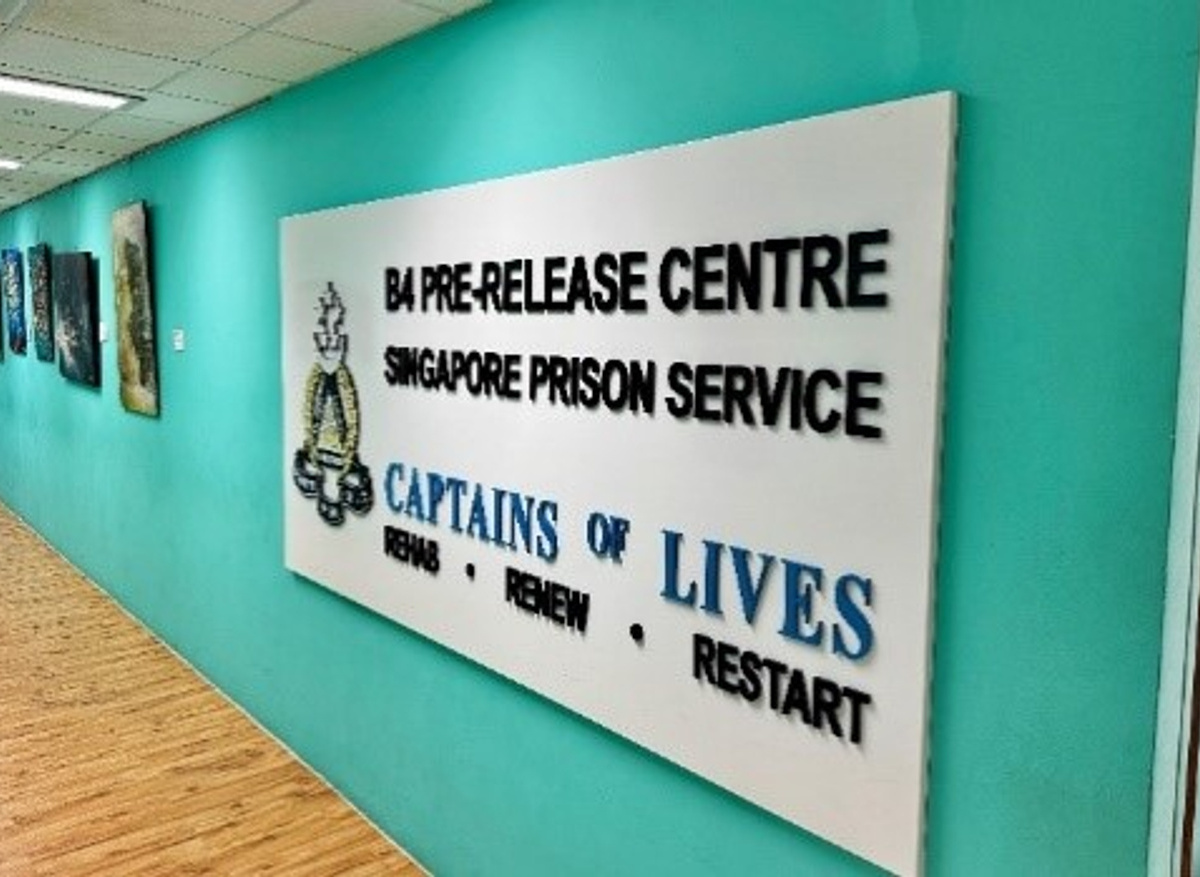
Institution B4
Entrance lobby
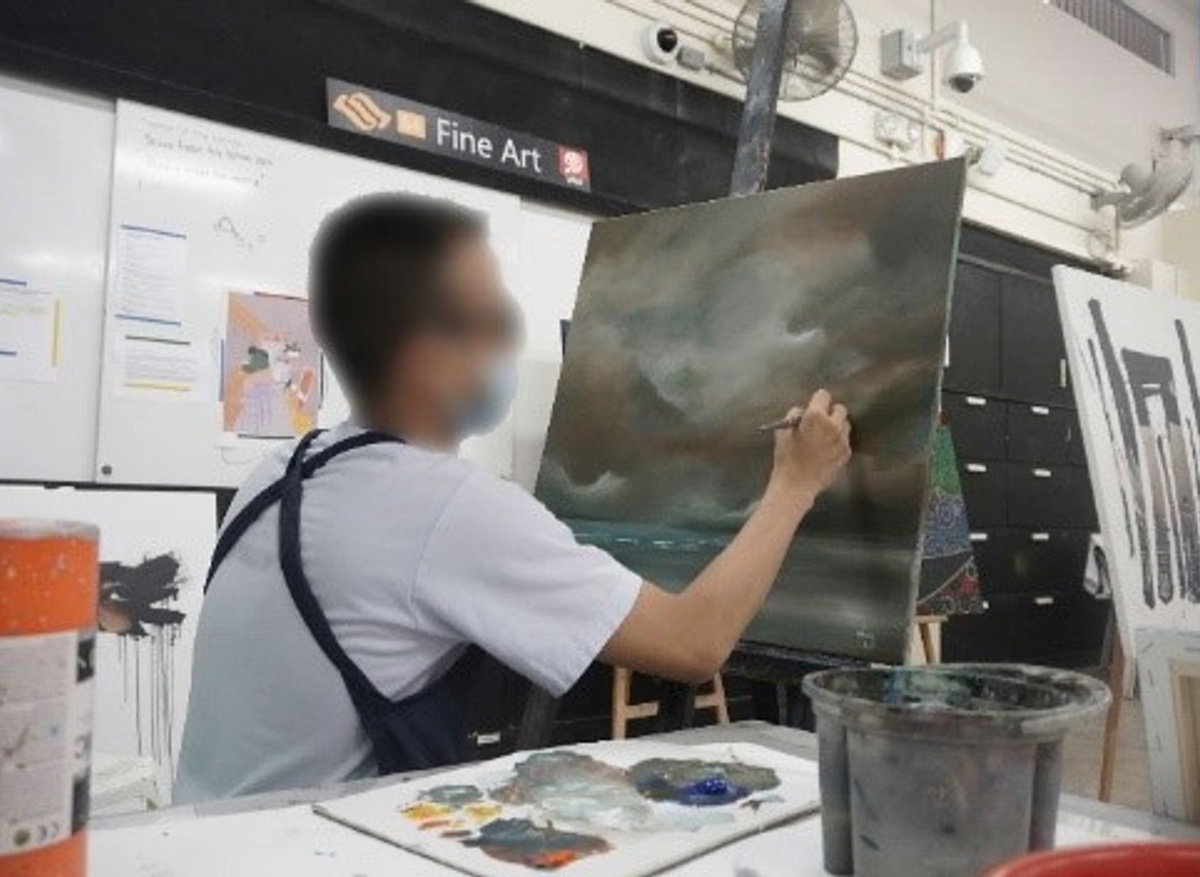
Institution B4
Inmate undergoing programme at Visual Arts Hub
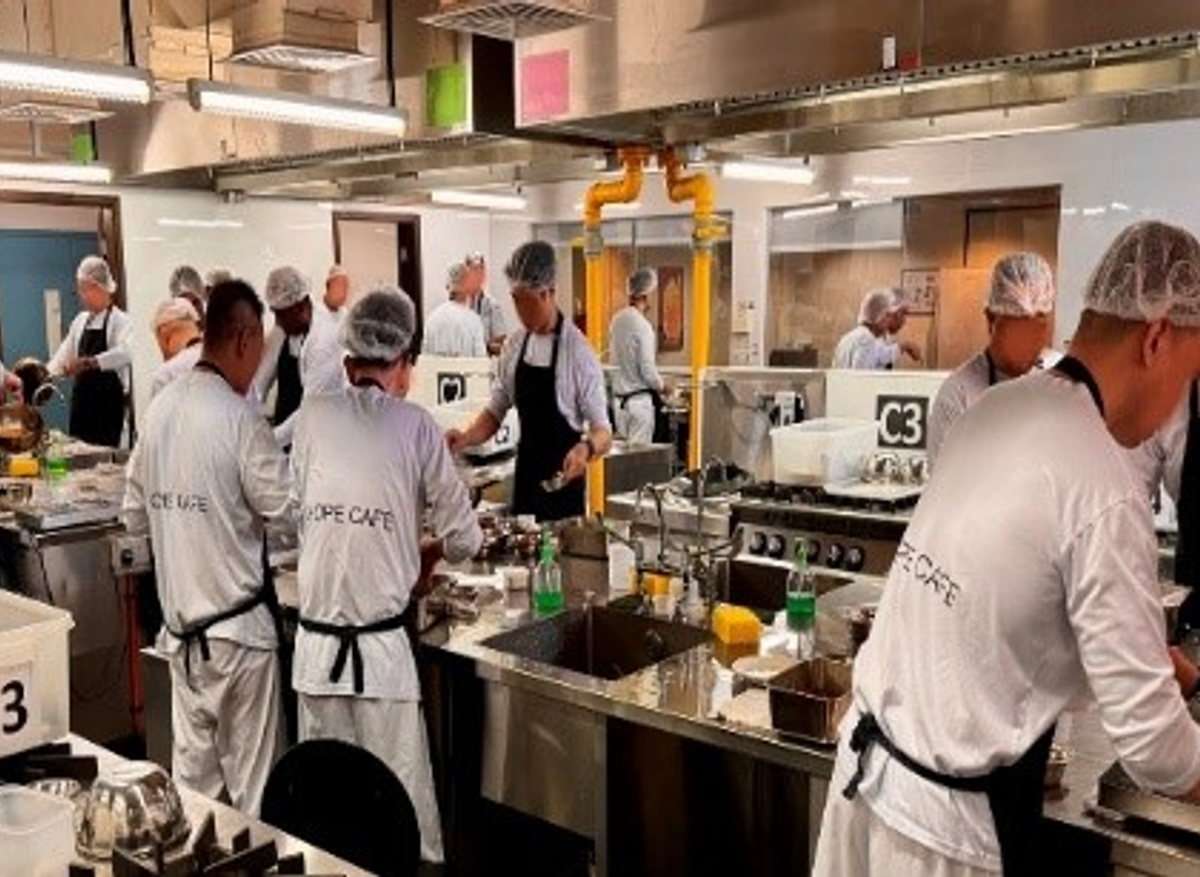
Institution B4
Hope Cafe
Institution S1
-
Facial Recognition System to identify and verify both staff and inmates through their facial features.
-
“Advanced Video Analytics to Detect Aggression” (AVATAR) system which uses video analytics to detect abnormal behaviour in cells such as fights to enable swift response to incidents.
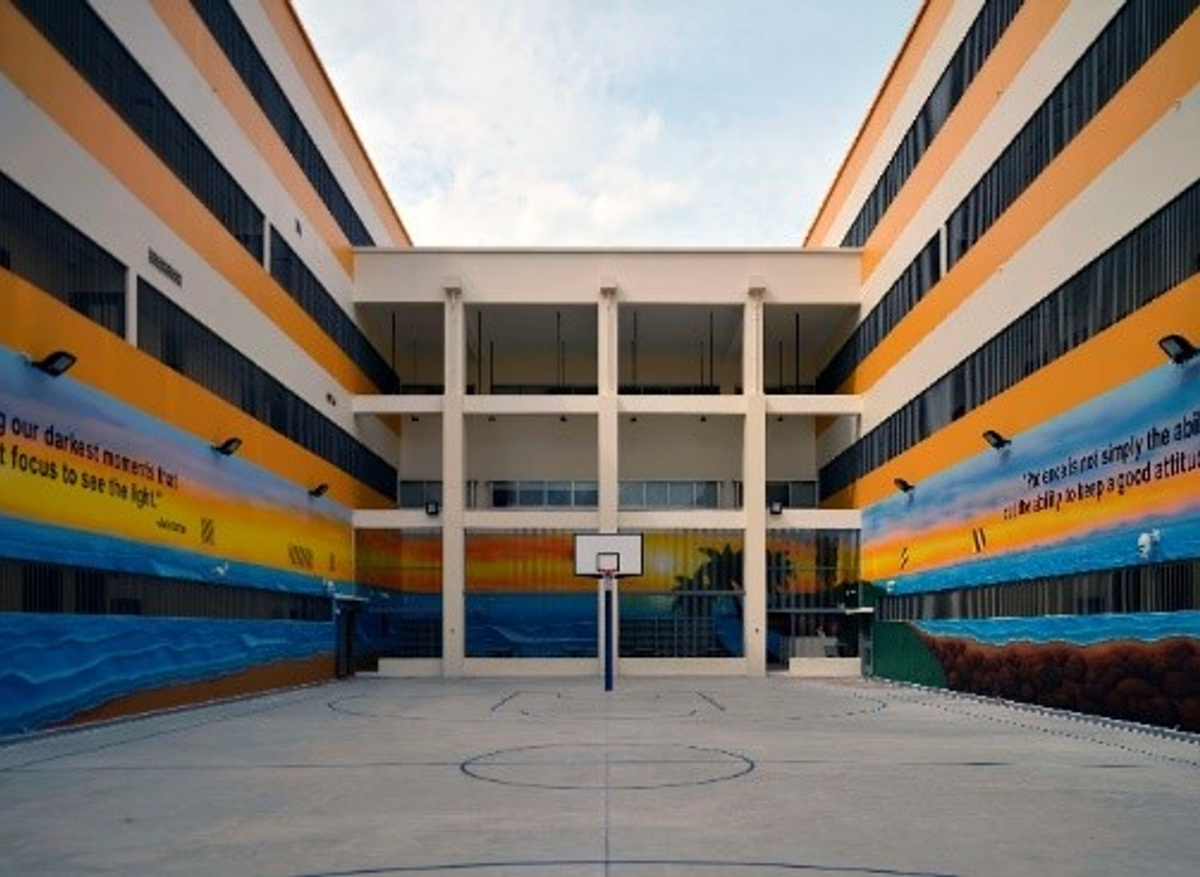
Institution S1
Interior facade
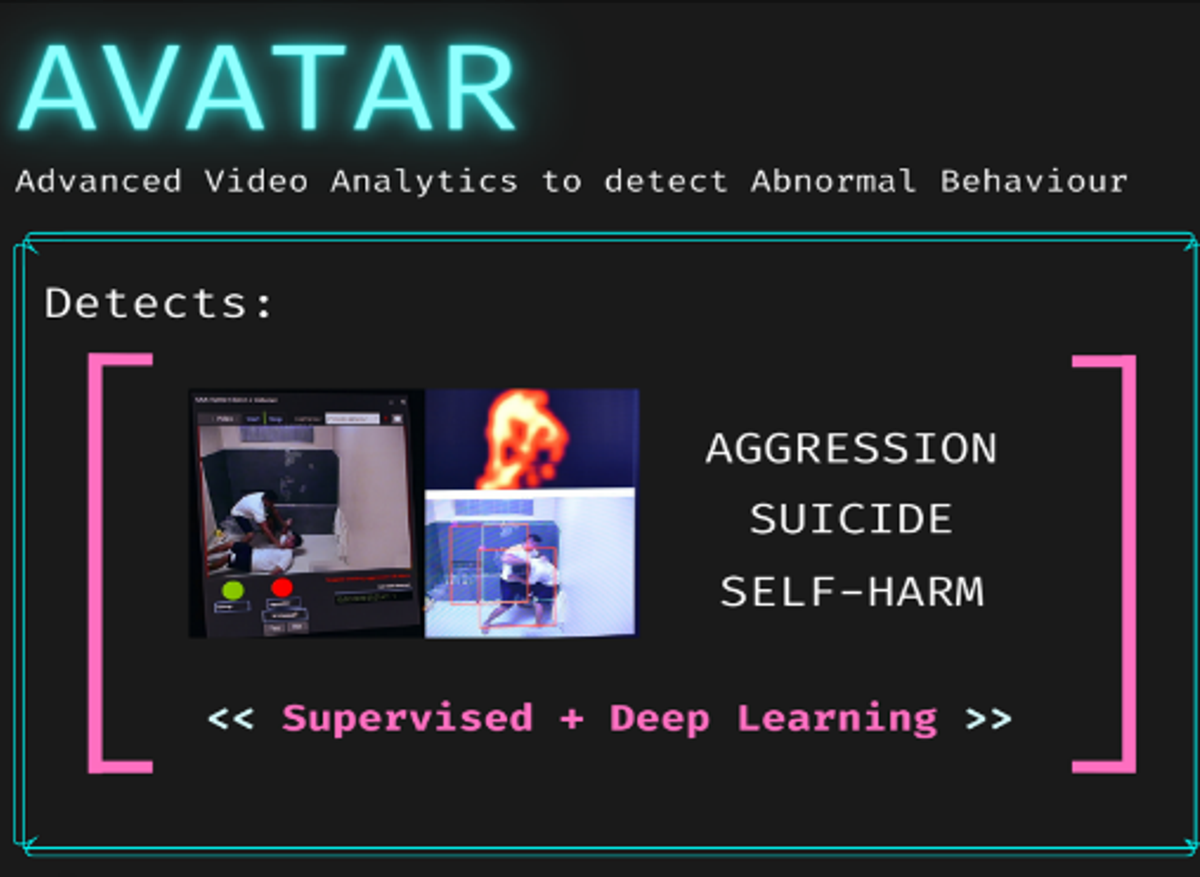
Institution S1
Advanced Video Analytics to Deter Abnormal Behaviour
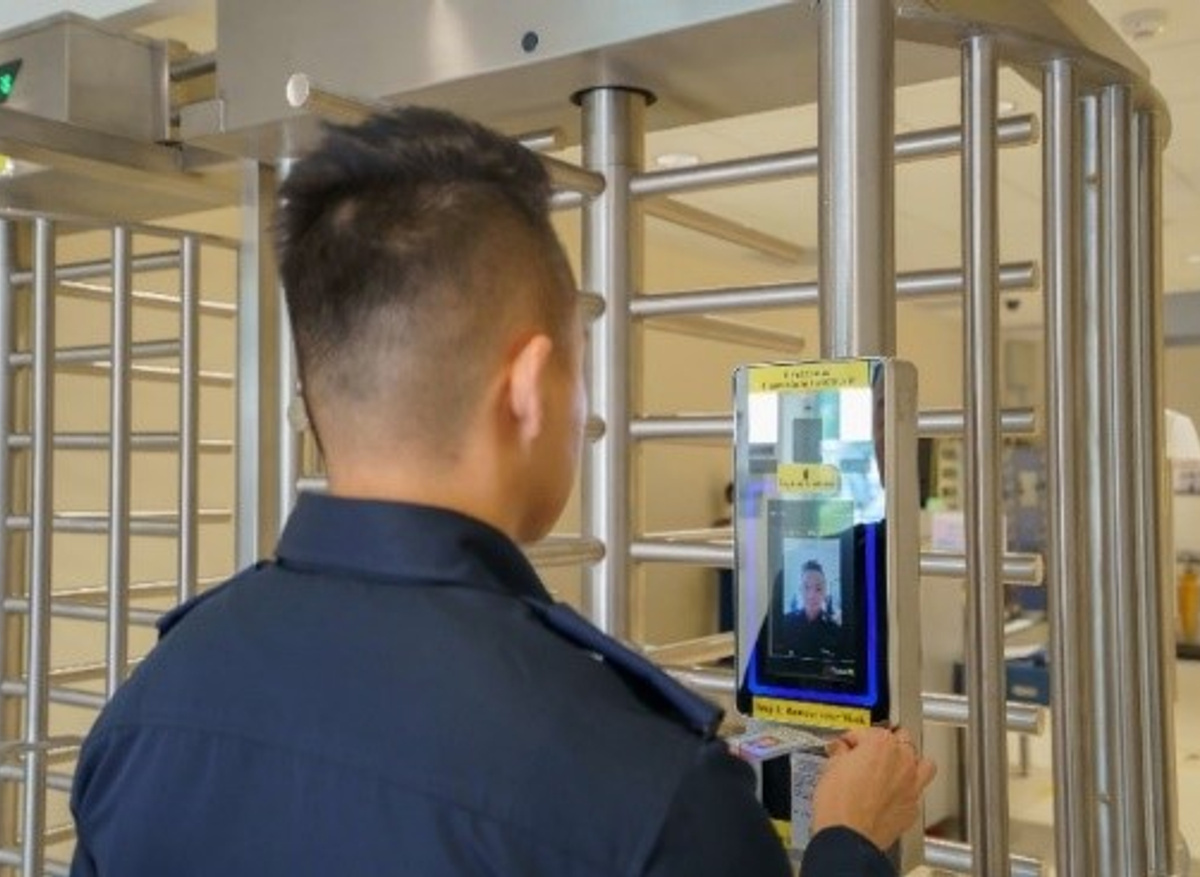
Institution S1
Facial Recognition System
Institution S2 & Selarang Park Community Supervision Centre
-
“Prison Automated Screening System” which is an automated urine screening system.
-
“Electronic Monitoring Services” which is an electronic tagging system for effective tracking and monitoring of supervisees in the community.
-
“Self-Help and Rehabilitation E-Application” which is a mobile application for supervisees with self-help resources and features.
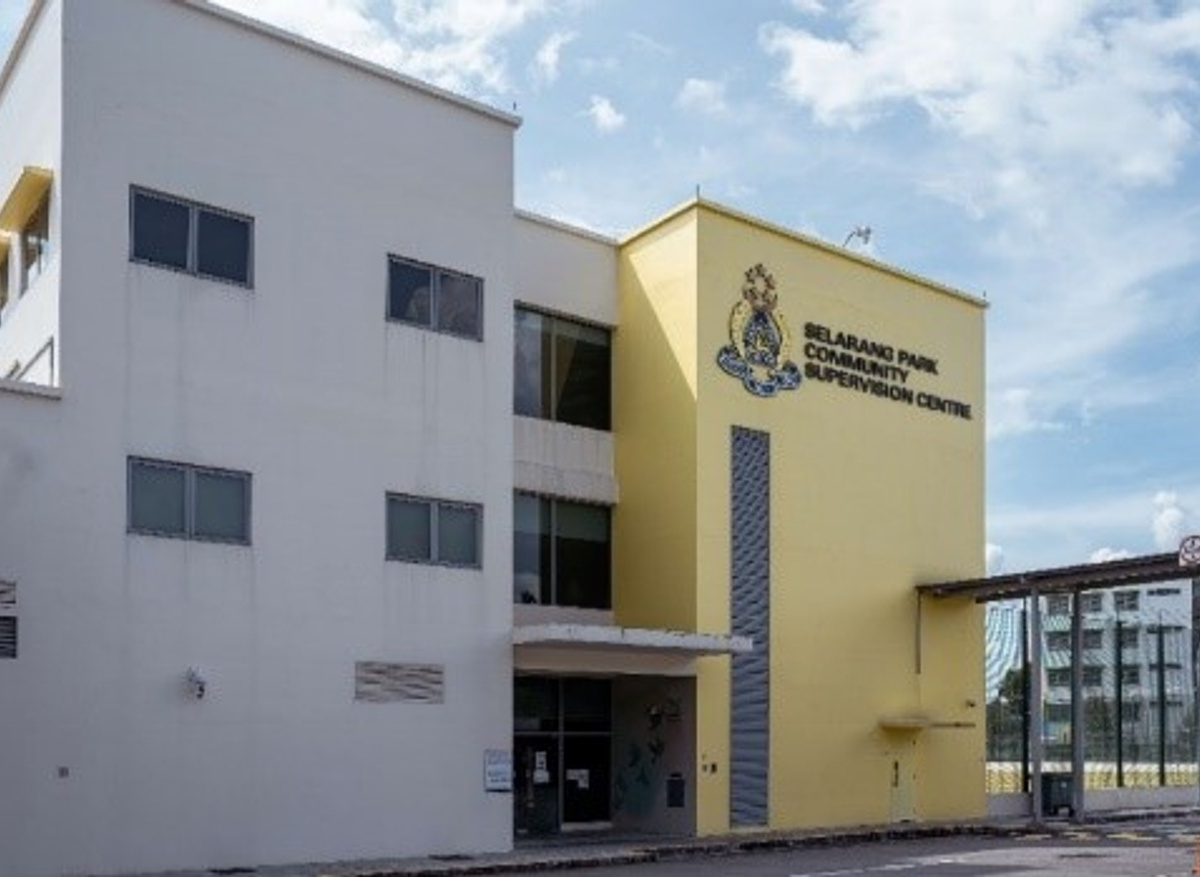
SPCSC
Exterior facade
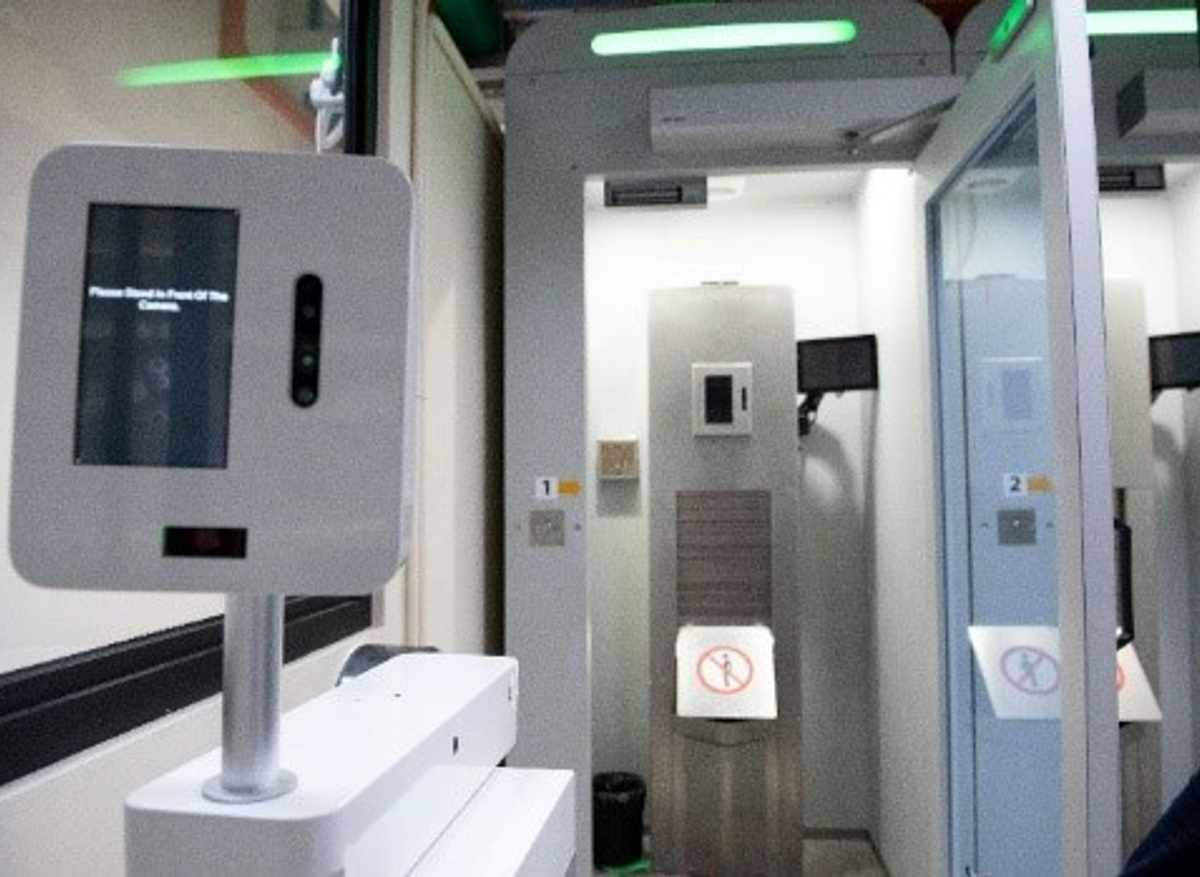
SPCSC
Prison Automated Screening System
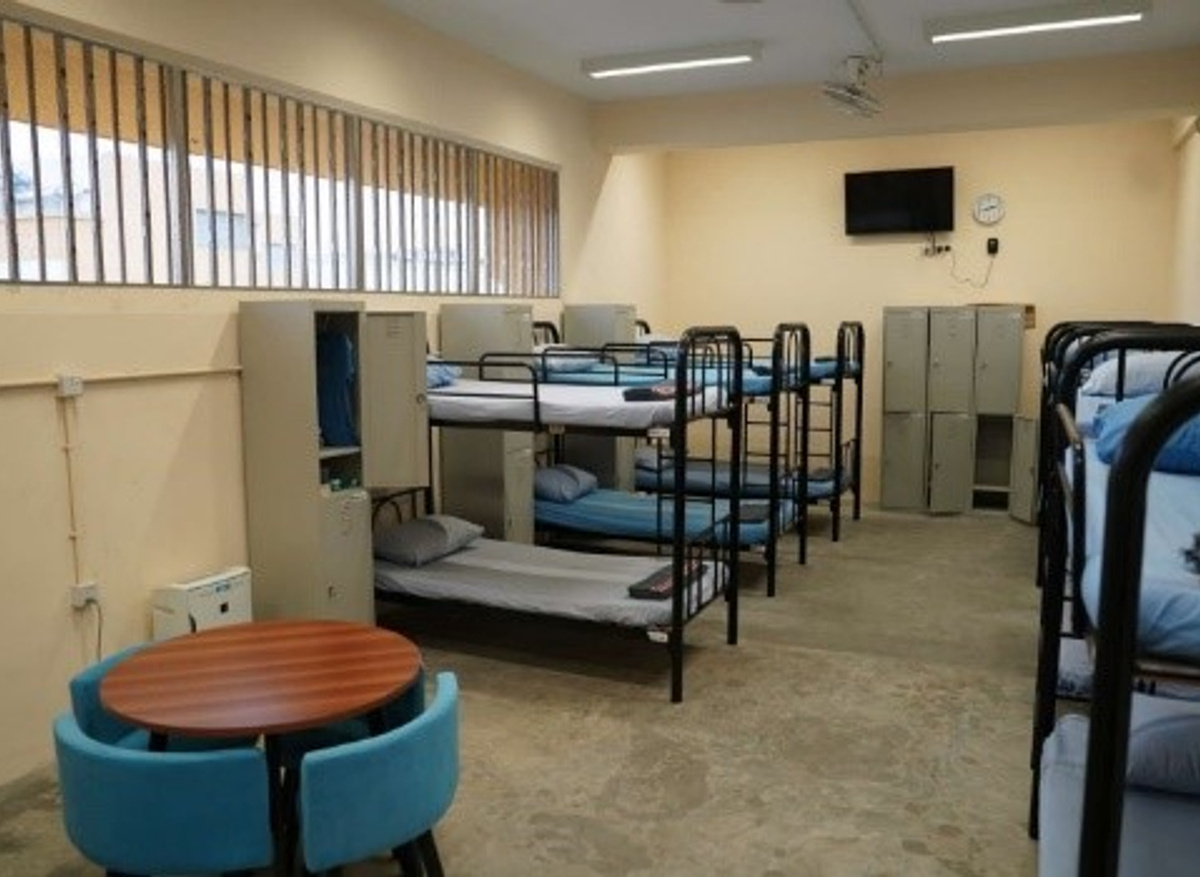
Institution S2
Accommodation
Institution TM1
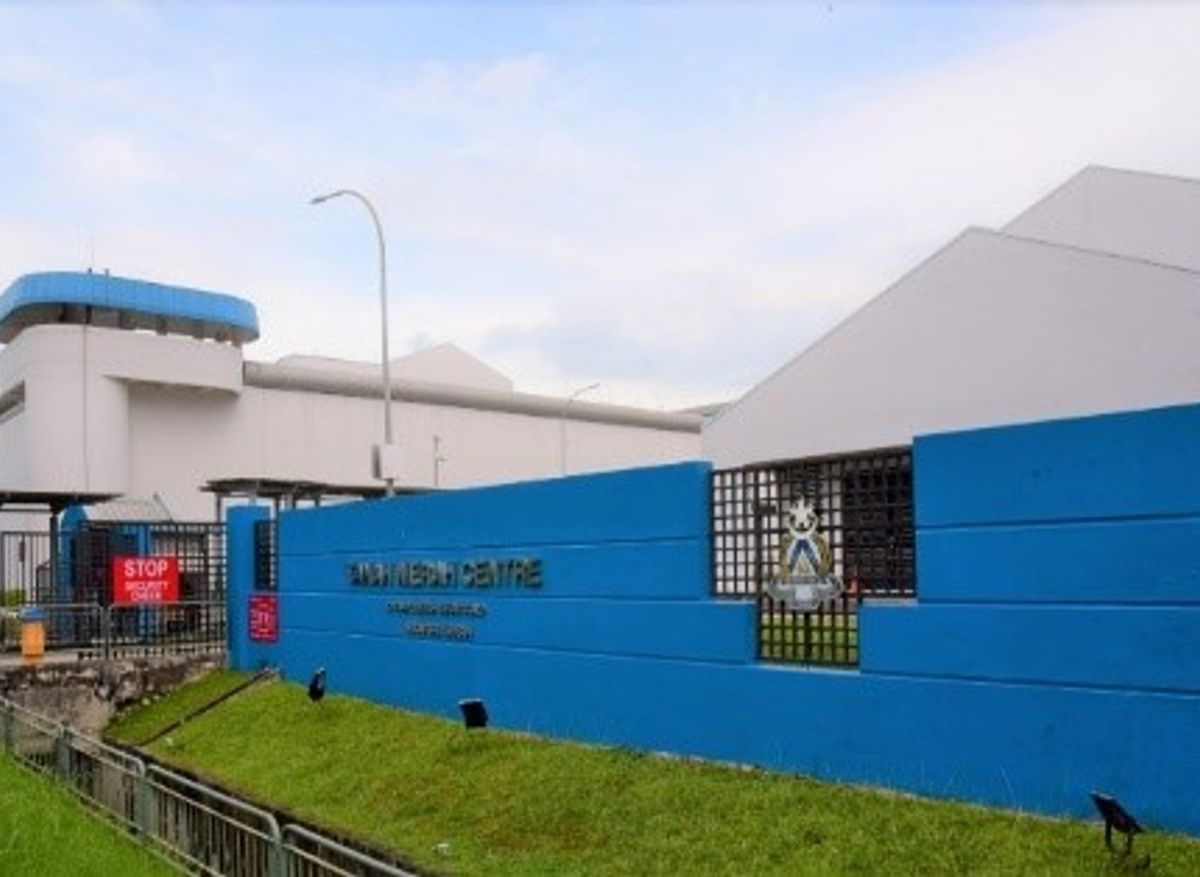
Institution TM1
Exterior facade
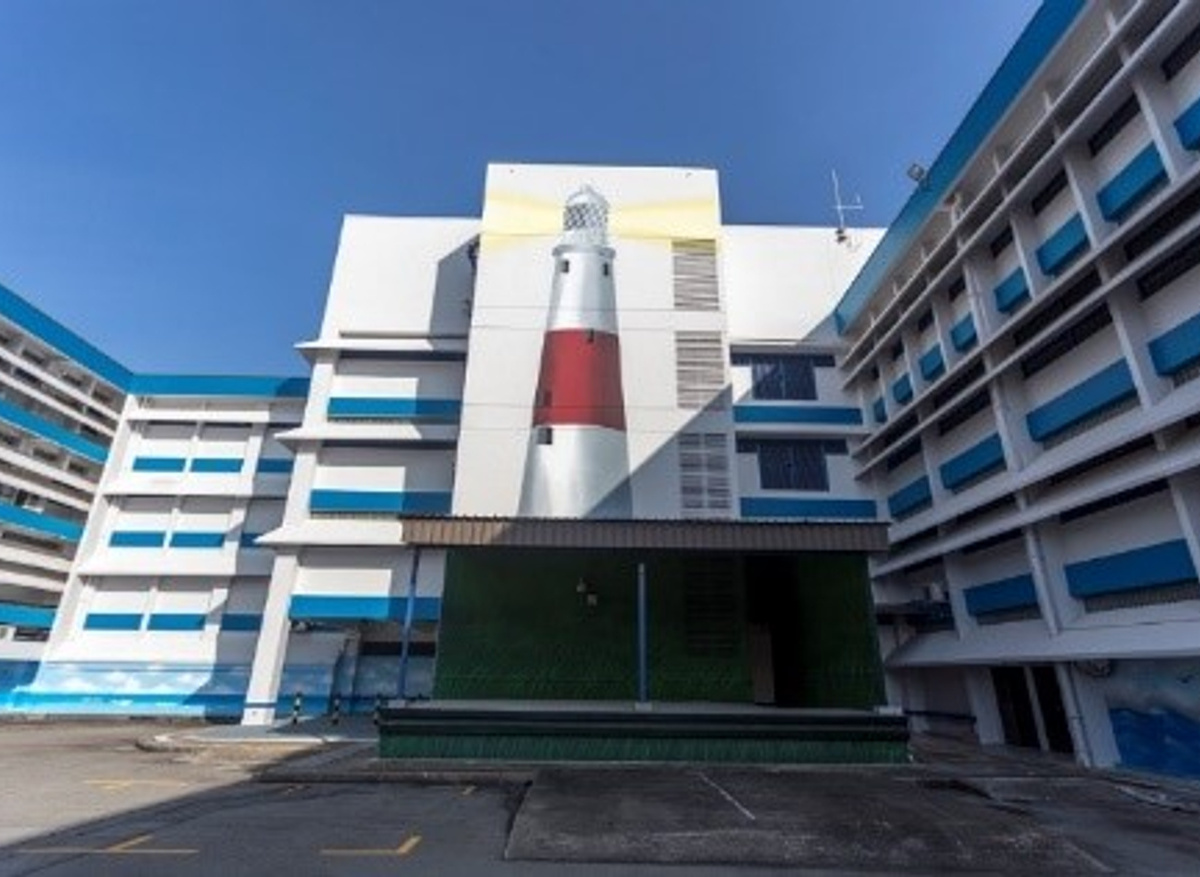
Institution TM1
Interior facade
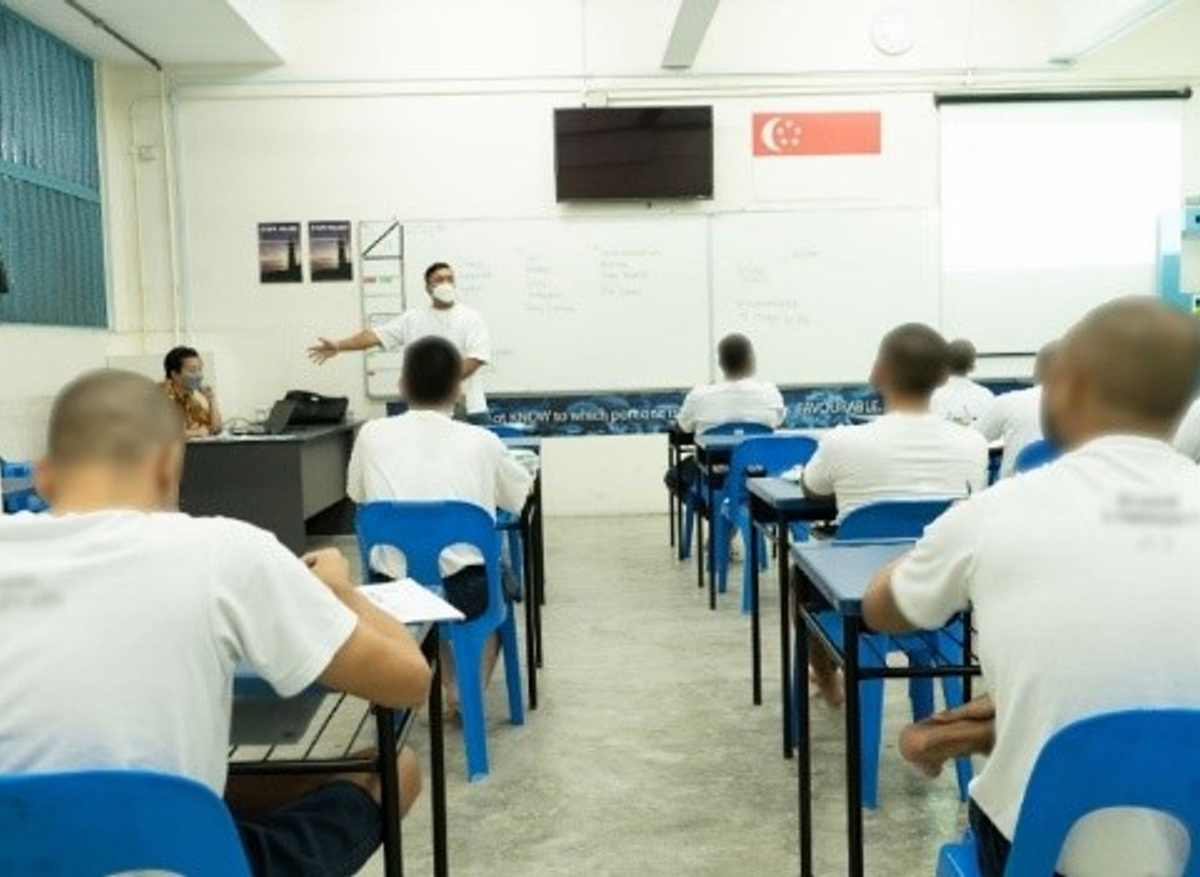
Institution TM1
Prison School students engaged in activities and classroom lessons
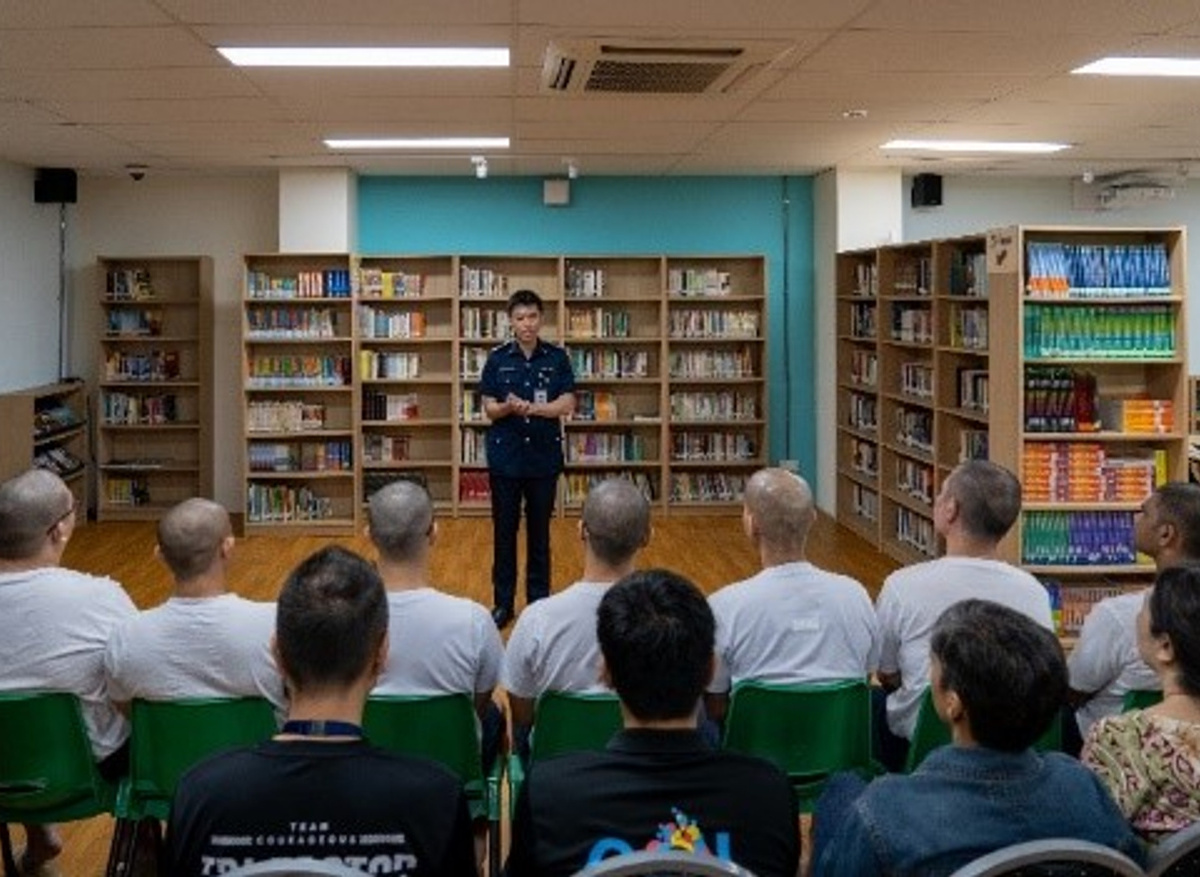
Institution TM1
Prison School students engaged in activities and classroom lessons
Selarang Halfway House (SHWH) and Breakthrough Missions

Selarang Halfway House
Exterior facade

Selarang Halfway House
Accommodation

Selarang Halfway House
Counselling room

Breakthrough Missions
Entrance

Breakthrough Missions
Exterior facade
Rise Above Halfway House & ISCOS Community Space
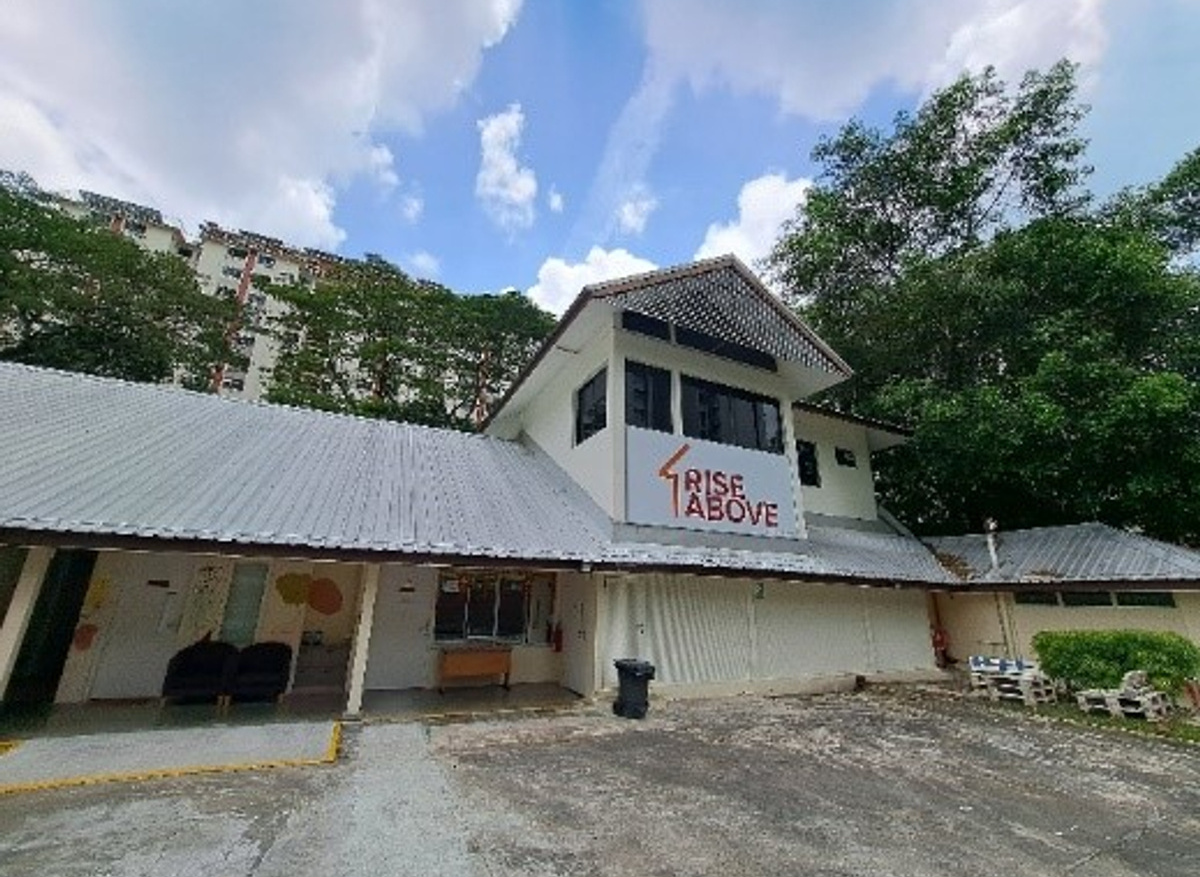
Rise Above Halfway House
Exterior facade
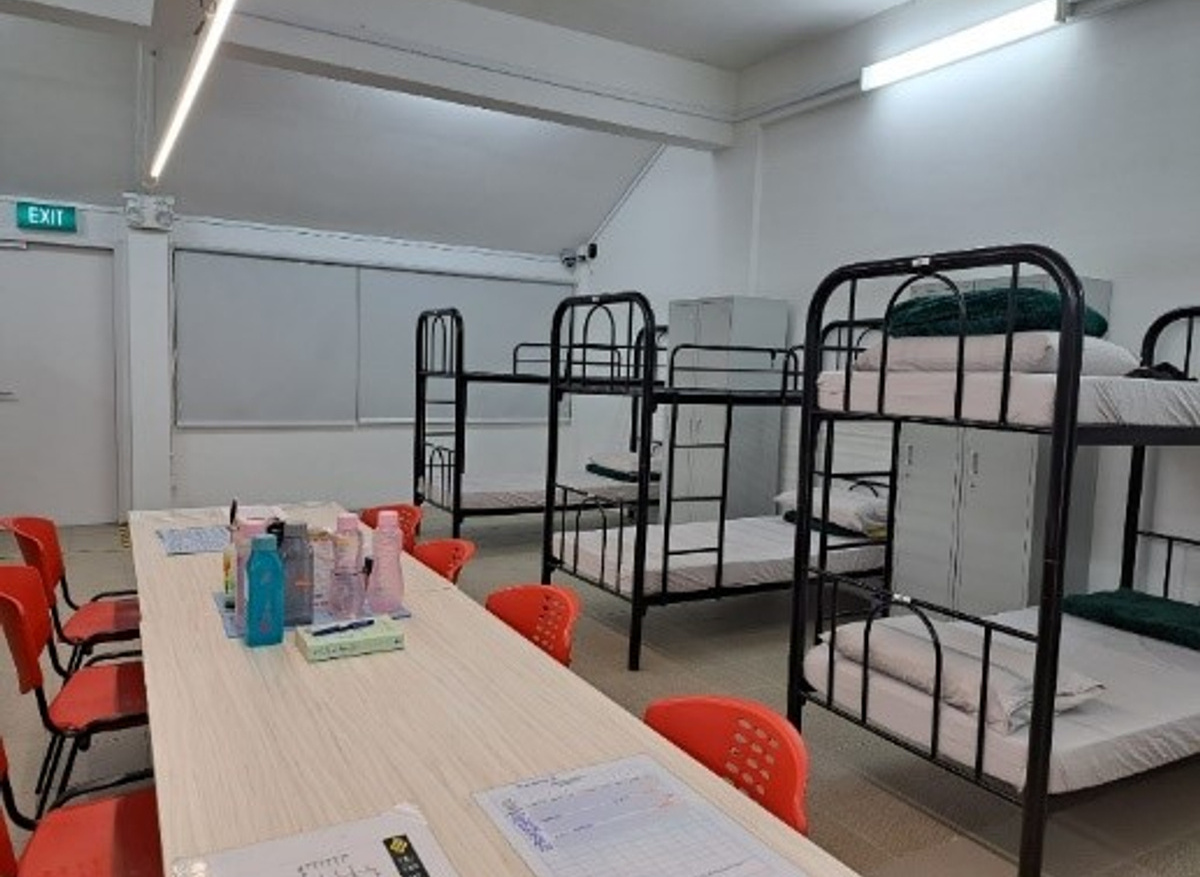
Rise Above Halfway House
Accommodation
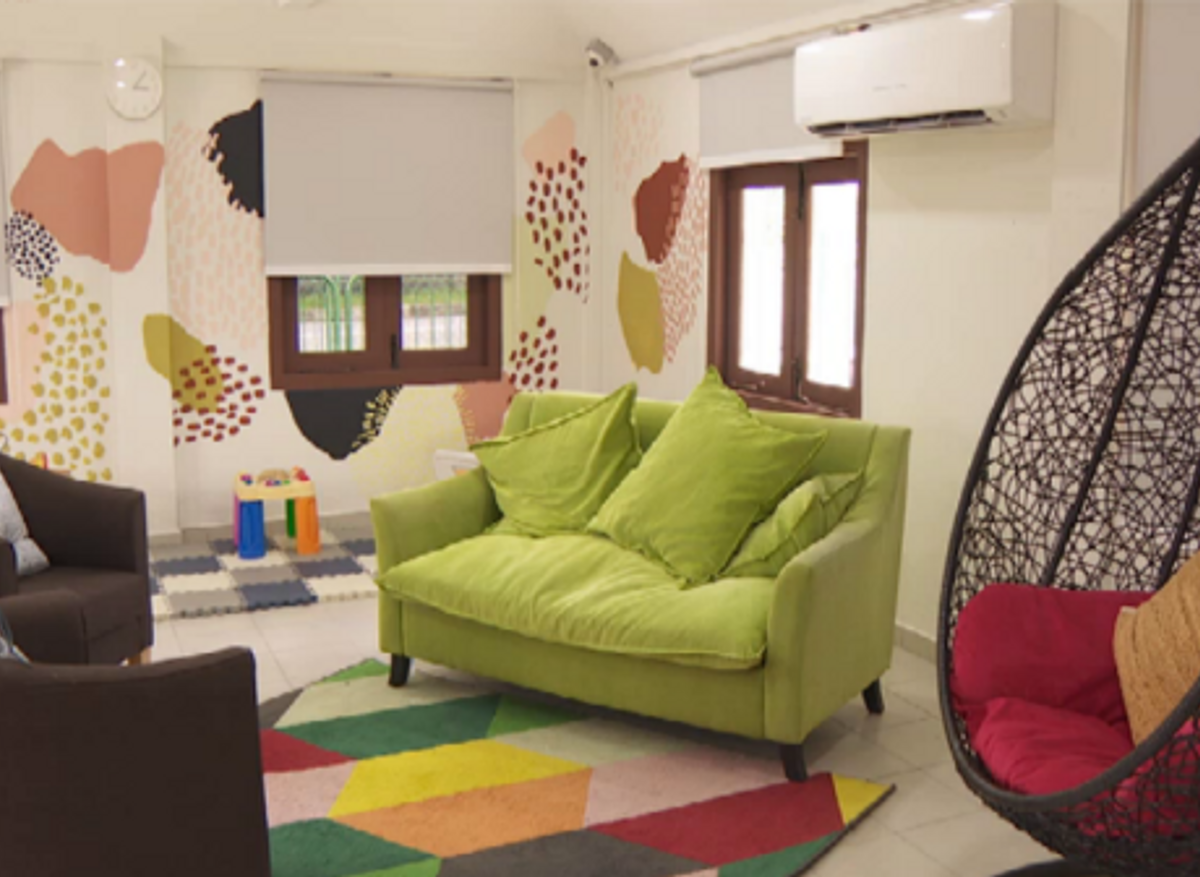
Rise Above Halfway House
Counselling room

ISCOS Community Space
Industrial and Services Co-operative Society Limited
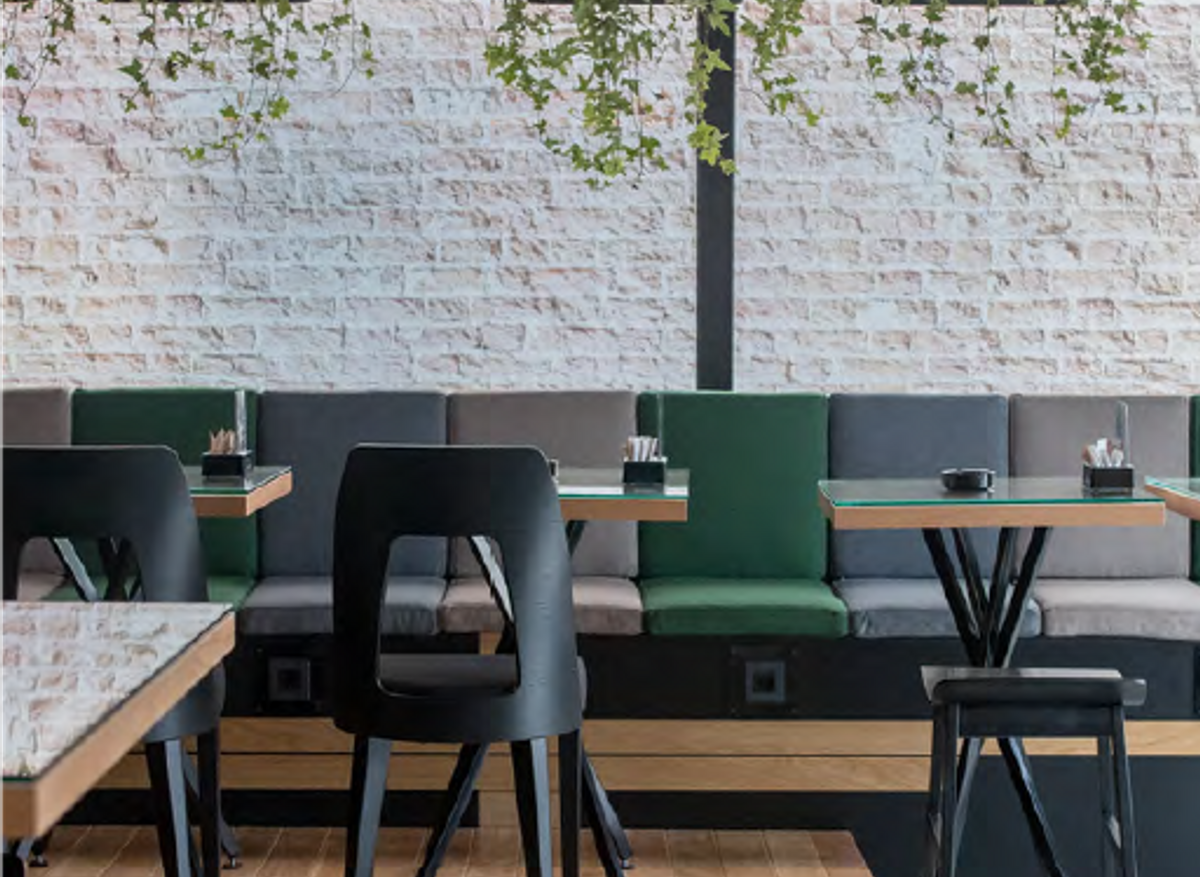
ISCOS Community Space
Artist's impression
